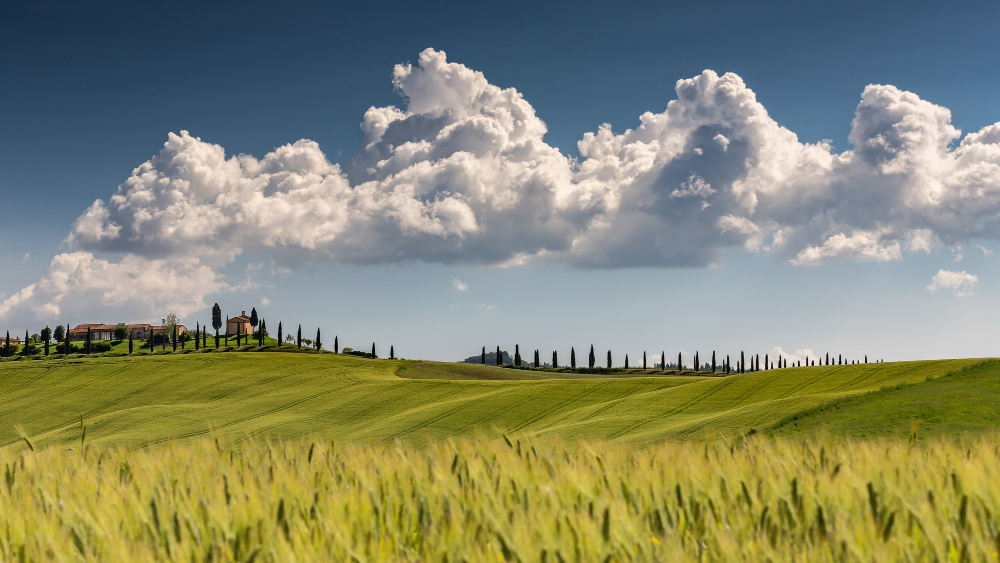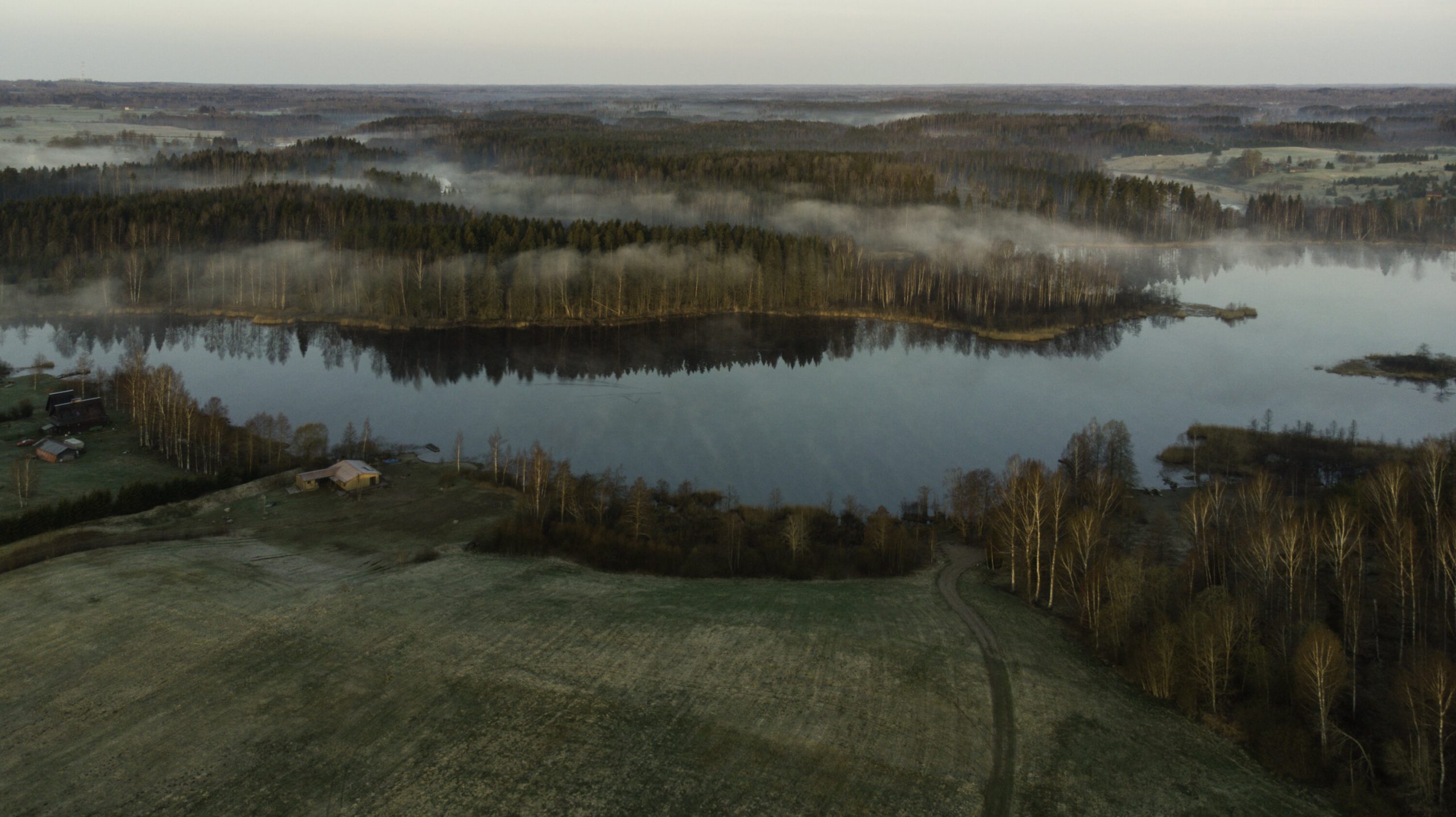Vidzeme, the northern region of Latvia, holds the distinction of being the largest region in the country, covering 30.6% of its territory. Vidzeme is the European Union’s border region. Despite its vast size, Vidzeme is the least populated region in Latvia, with a population of 278 792, accounting for only 14.7% of the total population. Consequently, it also boasts the lowest population density in the country, with just 16,27 people per square kilometer, compared to the national average of 30. Vidzeme is home to several key industries, including dairy, forestry, wood processing, metalworking, chemical industry, ICT, tourism, and creative industries.
Cities2030 partner organizations participating in Vizdeme CRFS Lab
Within the framework of Cities2030 project, the Vidzeme region is represented by two project partners. Their collaboration is built upon the shared understanding that each one contributes with their available resources and expertise for the successful implementation of the project. The project activities directly linked to supporting the pilot area (Vidzeme planning region), are mutually coordinated by two organizations:
The Vidzeme Planning Region (VPR, P24) ensures the involvement of residents and local municipalities in identifying the most pertinent challenges faced by the regional food system. VPR also plays a vital role in piloting solutions with target groups, while striving to enhance policies, strategies, action plans, and regulations at both regional and national levels. For more information about VPR, please visit: http://www.vidzeme.lv/en/about_vidzeme
The Latvian Rural Forum (LLF, P25) collaborates with public-private partnerships, local producers, communities, and initiatives. LLF provides recommendations for policy frameworks and implementation methods for green activities, specifically within the context of sustainable food, as part of the Rural Development Program (RDP) and the European Agricultural Fund for Rural Development (EAFRD) LEADER initiative.

